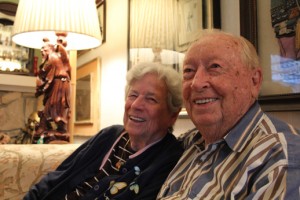By Thomas M. Boles DMin., D.D., PhD.
Psalm 14:1
The fool hath said in his heart,
There is no God.
A skeptic is a person who, when
he sees the handwriting on the wall,
claims it is a forgery.
Gordon Liddy, a White House aide during the Nixon administration,
was a student of the German philosopher Nietzche.
Nietzsche taught that man’s will was of supreme importance, not God’s.
A man with a will of iron, Liddy saw no need for God.
After serving a four-year prison term for his part in the Watergate scandal, Liddy renewed his friendship with some former FBI colleagues, who asked him to join their Bible study.
He agreed, with one caveat: “Please do not try to convert me.”
Of course, things didn’t work out as Liddy had anticipated.
He had been willing to read the Bible as an historical document,
but his friends’ attitudes toward the Bible made him take a closer look.
He began to think about God. If God is infinite and we’re finite,
he thought, how can we ever understand Him? Liddy reasoned,
God will have to communicate with me. Then he realized, the Bible is God’s communication.
Still, he argued, we can never be worthy of God. And again, he was hit by a thunderbolt:
God sent His Son to make us worthy (by virtue of His crucifixion and resurrection), and to keep the dialogue going between God and man.
Liddy suddenly per perceived a need for God and he accepted Christ.
God is surely alive. The question is: Is God alive in you today?






